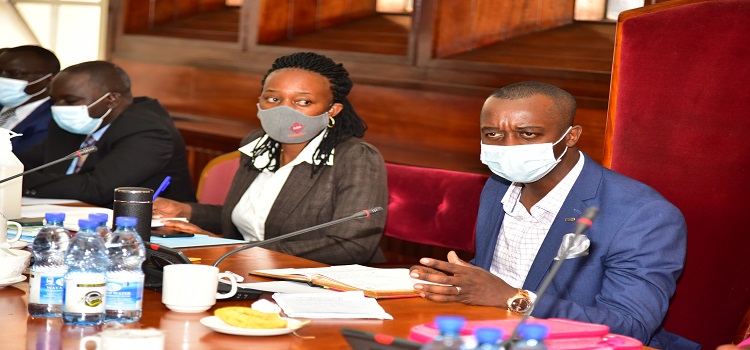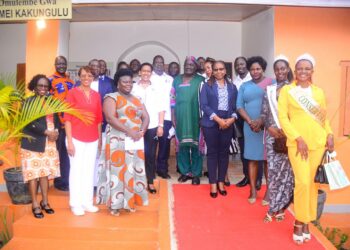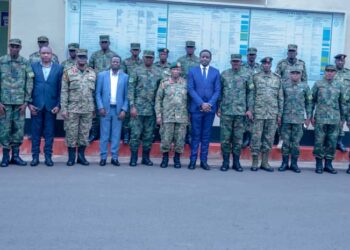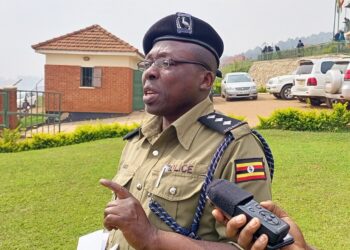Representatives from religious medical bureaus are seeking Parliament’s support to secure more funding from the central government.
While meeting the legislators on the Committee of Health, the religious service providers said that their facilities are constrained by finances to support the ever growing demands of the growing population.
The Executive Secretary to the Uganda Catholic Medical Bureau (UMCB), Dr Sam Orach, who spoke on behalf of the other religious medical bureaus said that the non-profit medical facilities contribute greatly in healthcare provision especially in rural areas.
He added that they provide specialised healthcare like initiatives for HIV/AIDS, maternal and child health programmes, human resource health development through trainings and internships and partnerships in running health facilities like Kilembe Mines hospital.
Orach said that much as they are appreciative of the support they get from the government especially through the Primary Health Care (PHC) Conditional Grant, there is still for more support.
“Some medical facilities have had their PHC Conditional Grant withdrawn by their local governments inadvertently affecting their work,” he added.
He added that Community Health Financing, especially Community Health Insurance is something the government should include in the National Health Insurance Scheme.
He also asked the government to do away with multiple licensing and taxation of religious non-profit medical facilities because they hurt their purse.
“We pay property tax, local government trade licenses and import taxes on equipment and motor vehicles,” Dr Orach added.
Dr Tony Tumwesigye, from the Uganda Protestant Medical Bureau said that they face human resource challenges because the medical facilities have an unstable flow of funding.
“We want to hire more medical workers and pay them well whenever they demand an increment but the inflow of money is unreliable because the PHC Conditional grant which we rely on keeps fluctuating,” he added.
The Chairperson of the Committee, Dr Charles Ayume said that many of the religious owned facilities are doing a commendable job despite the low funding from government.
“It is truly a shame to the government when we have hospitals like St. Marys Lacor Hospital in Gulu which gets about Shs700 million yet it operates at the level of a regional referral hospital,” he added.
Ayume promised that the Committee will push for better partnerships between the government and the medical facilities and a boost in the PHC Conditional Grant.
The Vice Chairperson of the Committee, Hon. Joel Ssebikaali said that the government needed to expressly revise its funding approach to religious medical facilities because many are breaking barriers unaided.
“Facilities like St Francis hospital, Nsambya have taken major steps to equip itself with the ability to combat heart and cancer related ailments by setting up state-of-the-art specialised treatment facilities,” Ssebikaali said.
Dr Nicholas Kamara (FDC, Kabale Municipality) said it was unfair for the government to continue taxing medical equipment and ambulances yet they are meant for non-profit medical facilities.
“Why are bureaus being taxed on hospital equipment yet the private hospitals said they have no issues and were getting tax exemptions on the same items,” he said.
Buyende District Woman MP, Hon Mary Annet Nakato said that the mission owned medical facilities do provide good training of health workers than most government training facilities.
“We know in the medical circles that the most versatile and dedicated nurses and other medical professionals are trained by mission or church owned health training institutions. The government should on top benchmarking with them, up its financial support these institutions,” she added.
The Committee promised to engage the religious medical bureaus and formulate a structured proposal to lobby for better funding from the government.
Do you have a story in your community or an opinion to share with us: Email us at editorial@watchdoguganda.com













